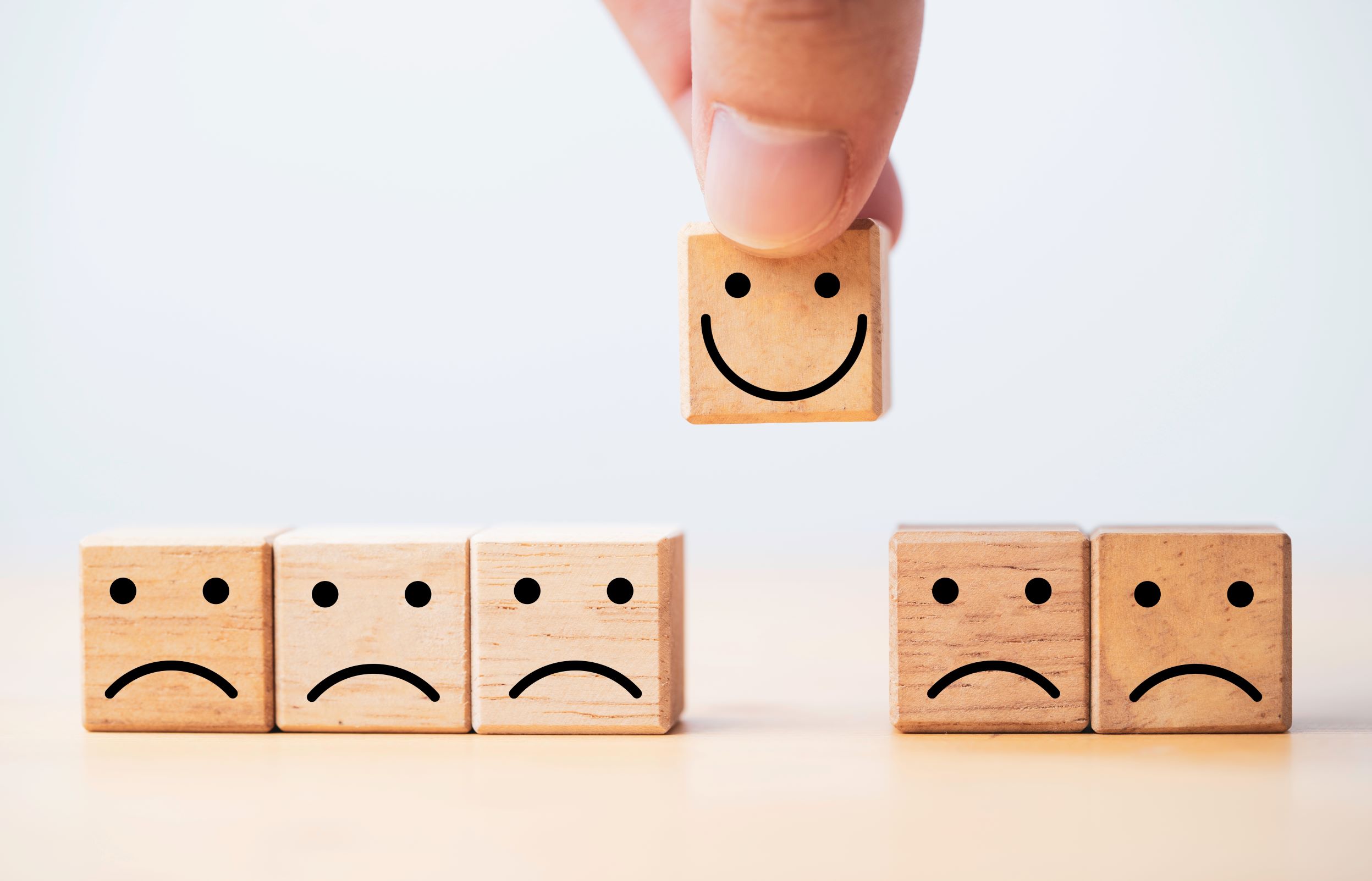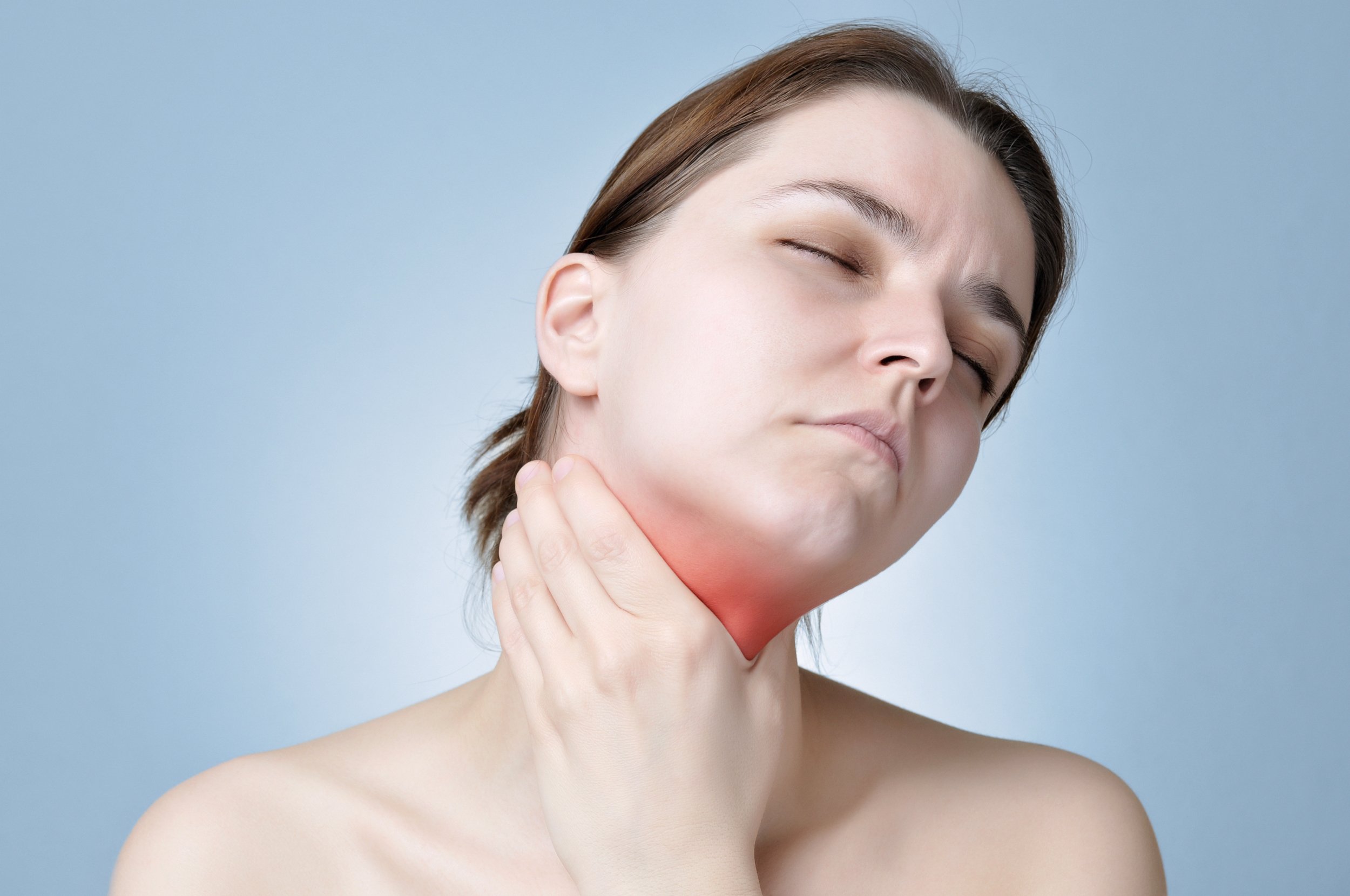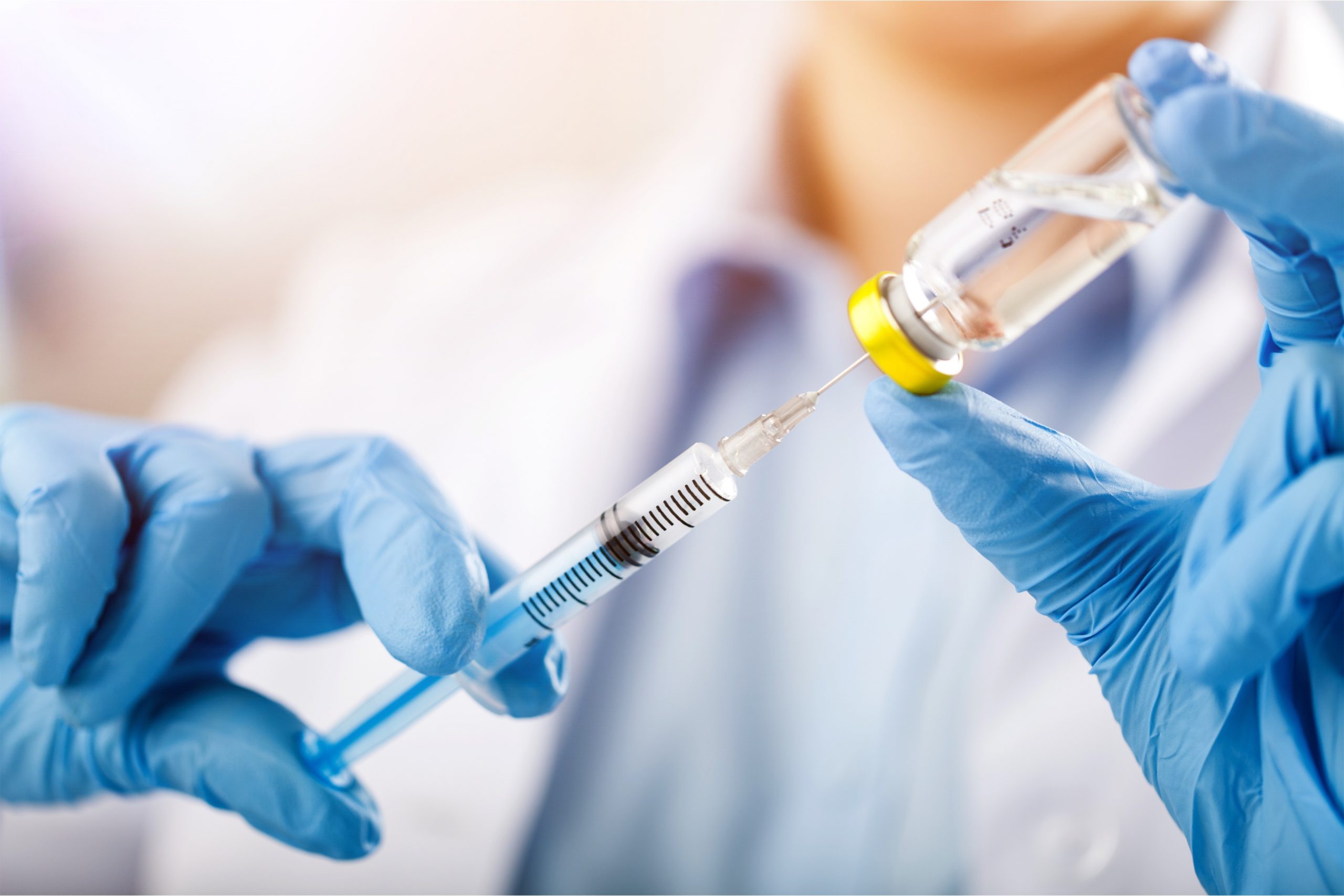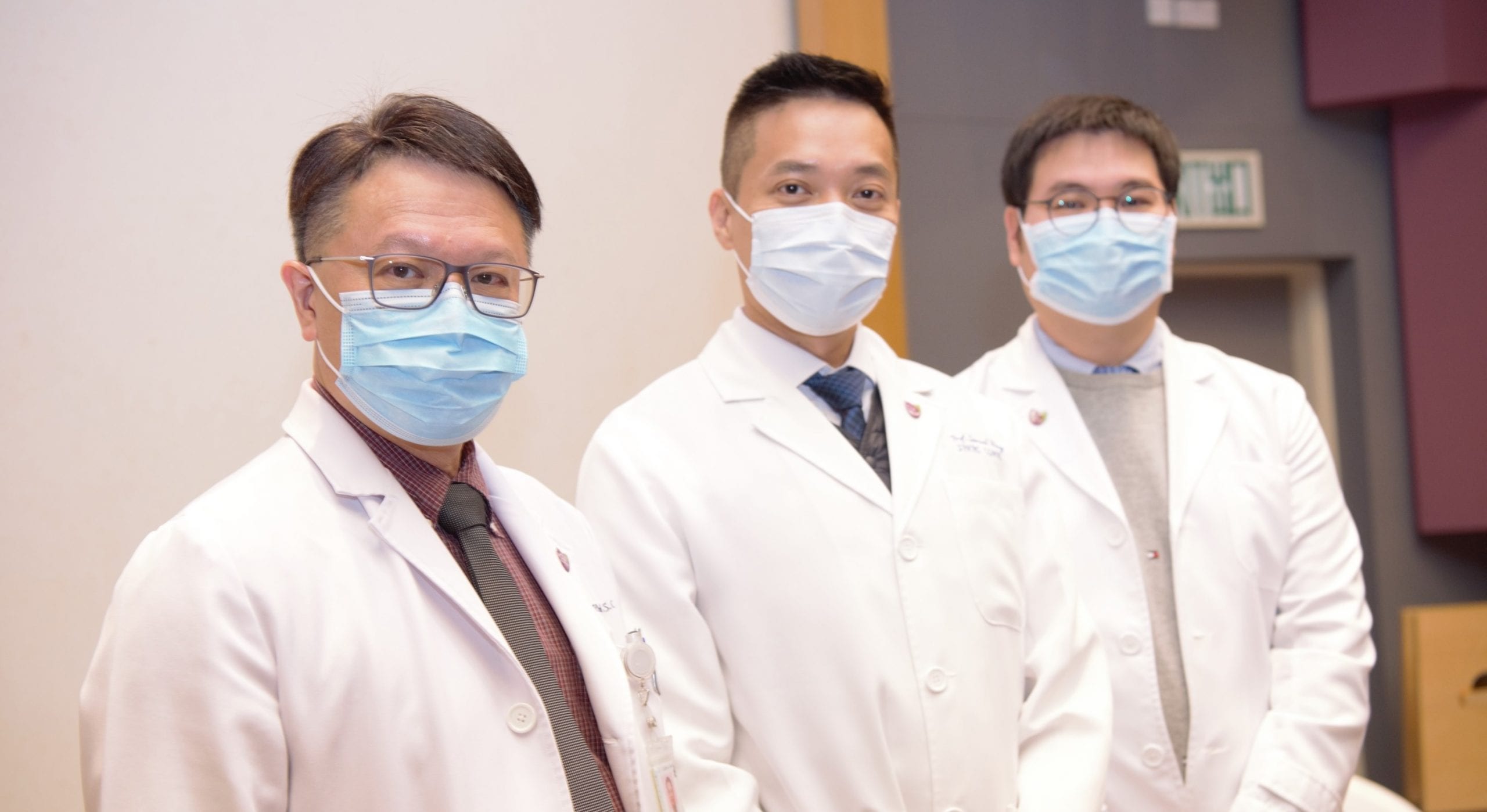English
繁體中文
简体中文

Feeling down? Wondering if it is more than just a bad day? Imagine if technology could read your emotions and lend a helping hand. With shortage of psychiatrists challenging the global healthcare systems, it can be hard for depression sufferers to get diagnosed. CUHK researchers have harnessed the power of AI technology to develop two innovative tools that make diagnoses easier and earlier: by utilising a pioneering mobile app and looking into your eyes.

Feeling down? Wondering if it is more than just a bad day? Imagine if technology could read your emotions and lend a helping hand. With shortage of psychiatrists challenging the global healthcare systems, it can be hard for depression sufferers to get diagnosed. CUHK researchers have harnessed the power of AI technology to develop two innovative tools that make diagnoses easier and earlier: by utilising a pioneering mobile app and looking into your eyes.

Cardiovascular disease, hypertension and diabetes are considered diseases of affluence – and now another potential candidate has been added to the list. Researchers from CUHK and APRU found a surprising correlation between per capita GDP and laryngeal cancer instance rates, which are alarmingly high in the Caribbean and Europe due to unhealthy lifestyles. In addition, women in Japan, Switzerland and the Czech Republic are defying the global trend to register an increasing number of cases.

Innovative algorithms developed by a CUHK team, using bioinformatics analysis of virus genome, can estimate vaccine effectiveness (VE) by quantifying the relationship between the genetic mismatch between flu vaccines and current virus strains. This real-time prediction method of VE early in flu season gives the government a heads-up in selecting effective vaccines and organising resources before mass vaccination.

98% of Hong Kongers feared catching the COVID-19 virus and practically all were abnormally anxious, while 90% were taking to strict mask wearing and hand washing, according to a survey in the outbreak’s early phase. But not to recommended “social distancing”. 90% of cases took 6 to 14 days between feeling ill and getting isolated.